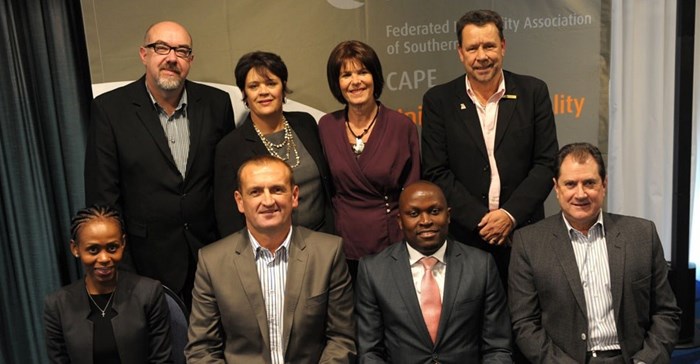
Top stories





EntrepreneurshipHow SMEs can build AI-ready businesses starting with the right technology foundation
Sudesh Pillay, WhyMAcForSME 6 minutes

More news























Logistics & Transport
Uganda plans new rail link to Tanzania for mineral export boost


Currently facing a slump brought about by the change in visa regulations, which requires potential visitors to South Africa to apply in person at an office of an embassy or for those travelling with minors to be in possession of an unabridged birth certificate, Tshivhengwa says, "According to Tourism statistics, for the first quarter, our numbers have declined by 5.9% in terms of arrivals. Africa, as a continent has declined by 5.6%, which means that our numbers are declining more than the continent itself."
He continued to say that other countries arrivals such as Thailand and Australia are going up. "So someone is eating our lunch because we are scoring our own goals." He highlighted the fact that fewer tourists and declining occupancy rates has a ripple effect as it is not only hotels and guest houses that are affected, but companies that supply them with flowers, cleaning solutions and gardening, for example.
Tshivhengwa emphasised that the industry is not against the introduction of the visa biometrics. "We are against the lack of implementation," he said. He added that the regulations are being introduced at a time where there are other factors affecting the industry. He ended his address regarding the visa regulations by saying that we need to have a "workable solution", and warned that in a year's time the industry will be talking about large-scale job losses.
With regards to the National Liquor policy amendment, which states that that liquor premises be located at least 500 metres away from schools, places of worship, recreation facilities, rehabilitation or treatment centres, residential areas and public institutions - Tshivhengwa said that if implemented, will have a big impact. "One would almost have to go into the desert to get your liquor stocks."
He continued to say that we need to address the problem. "If the problem is that people are drinking too much - deal with the societal issue of drinking too much, not individuals who are running legitimate businesses."
Tshivhengwa also spoke to the draft B-BBEE Tourism Codes. "We are not saying that we do not agree with it, there are certain elements within the draft codes that are just not fair to our industry." FEDHASA supports the current R10 million threshold proposal for eligibility as an exempted micro enterprise as set out in the generic codes - it is against the R2.5 million proposed threshold for micro-enterprise as per the draft tourism codes.
"We would also like to see eligibility to qualify as a large enterprise in the hospitality industry to be a generic threshold of R50 million in annual total revenue and not the proposed R35 million."
Additionally, regarding the measurement of ownership concerning the new draft tourism B-BBEE Codes, Tshivhengwa said that FEDHASA supports the current generic ownership threshold of 25% and said that the proposed 30% ownership should be revisited in 2017.